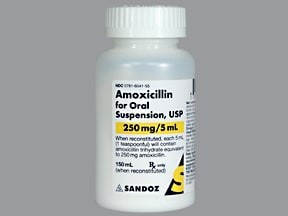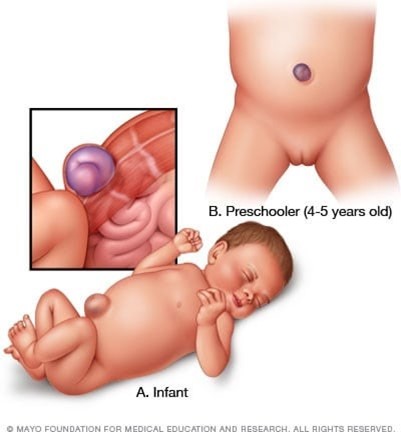A child who weighs 18 pounds receives a prescription for amoxicillin 25 mg/kg/day by mouth in divided doses every 12 hours. The bottle is labelled, "Amoxicillin for Oral Suspension, USP 400 mg per 5 mL." How many mL should the nurse administer with each dose?
(Enter numerical value only. If rounding is required, round to the nearest tenth.)
The Correct Answer is ["1.3"]
1.3 mL of amoxicillin suspension with each dose.
To calculate the correct dose of amoxicillin to give to the child, follow these steps:
Step 1: Convert the child's weight from pounds to kilograms. 18 pounds ÷ 2.2 = 8.18 kilograms
Step 2: Calculate the total daily dose of amoxicillin. 25 mg/kg/day x 8.18 kg = 204.5 mg/day
Step 3: Divide the total daily dose into two equal doses to be given every 12 hours. 204.5 mg/day ÷ 2 doses = 102.25 mg/dose
Step 4: Determine how many mL of the suspension contain 102.25 mg of amoxicillin. 400 mg/5 mL = 80 mg/mL 102.25 mg ÷ 80 mg/mL = 1.28 mL

Nursing Test Bank
Naxlex Comprehensive Predictor Exams
Related Questions
Correct Answer is A
Explanation
Answer: A. Biopsy may rupture the encapsulated tumor and cause the cancer cells to spread.
Rationale:
A) Biopsy may rupture the encapsulated tumor and cause the cancer cells to spread: This is the primary reason why surgery is performed before a biopsy in cases of Wilms tumor. The tumor is usually encapsulated, and performing a biopsy could risk breaking the capsule, leading to the dissemination of cancer cells into surrounding tissues, which can worsen the prognosis.
B) Metal clips are surgically applied at the tumor site for exact marking for radiation: While marking the tumor site for radiation is important, it is not the primary reason for performing surgery before a biopsy. The main concern is about the potential for cancer cell spread during a biopsy procedure.
C) Surgery is necessary to stage the tumor and determine metastasis to other sites: Although staging is a critical aspect of cancer management, the urgency of avoiding tumor rupture and subsequent spread is more pressing in this context. The surgery may assist in staging, but that is not the primary reason for immediate surgical intervention.
D) The surgery provides a visualization of other pathology and dysfunction of the kidney: While the surgical procedure may provide additional information about the kidney's condition, the most significant concern regarding Wilms tumor is preventing tumor rupture and the consequent spread of cancer cells, making this option less relevant.
Correct Answer is B
Explanation
Information about the child's reactions to any previous hospitalizations would be particularly helpful in planning care for this six-year-old girl who is being admited for repair of an umbilical hernia. This information can help the nurse anticipate and address any fears or concerns the child may have about the hospitalization and procedure.
A list of achievement timeline for developmental milestones is not particularly relevant in this situation.
A history of rubella, rubeola, or chicken pox is not particularly relevant in this situation.
Information about the mother's use of alcohol, drugs, or cigaretes during pregnancy is not particularly relevant in this situation.

Whether you are a student looking to ace your exams or a practicing nurse seeking to enhance your expertise , our nursing education contents will empower you with the confidence and competence to make a difference in the lives of patients and become a respected leader in the healthcare field.
Visit Naxlex, invest in your future and unlock endless possibilities with our unparalleled nursing education contents today
Report Wrong Answer on the Current Question
Do you disagree with the answer? If yes, what is your expected answer? Explain.
Kindly be descriptive with the issue you are facing.
